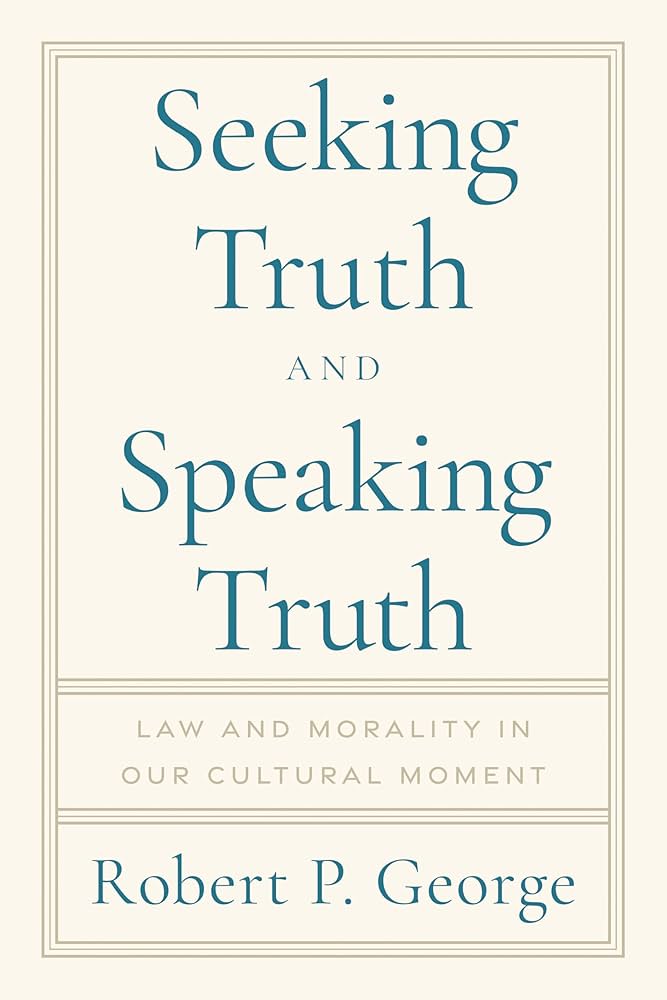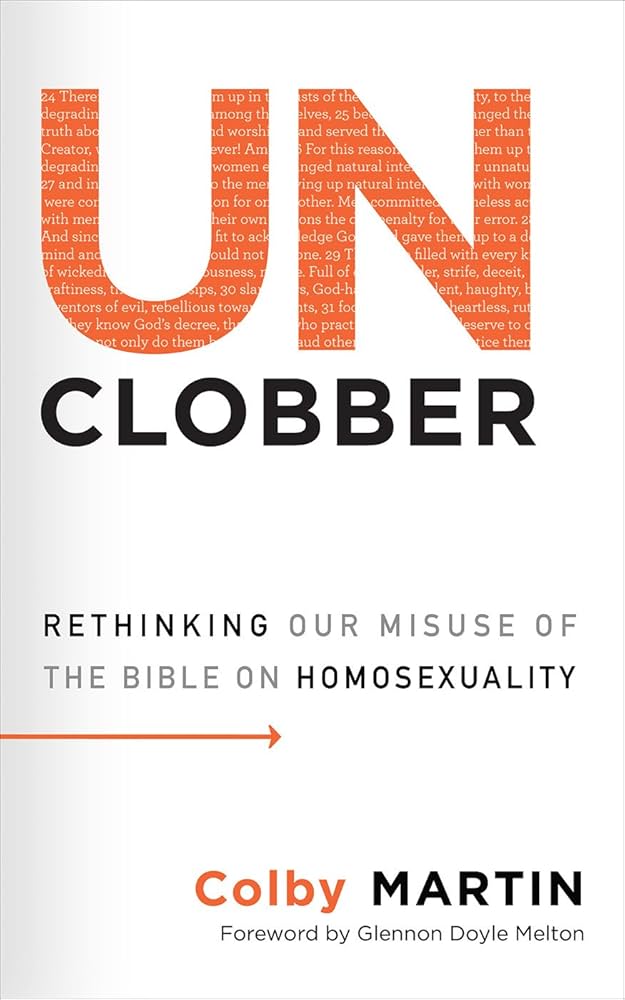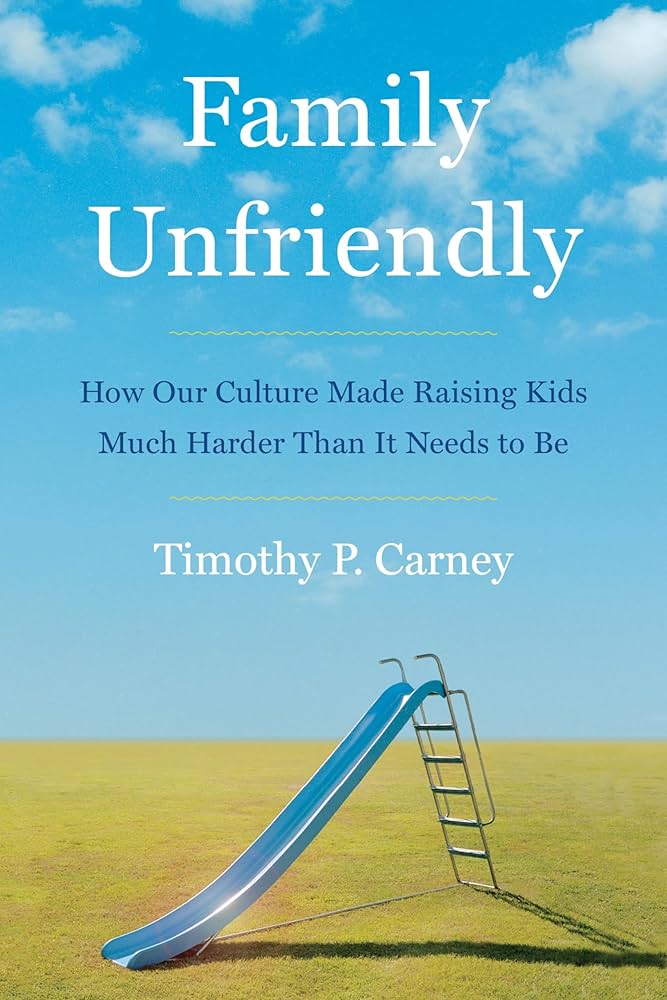
The question before us concerns the constitution of man. Is he exclusively material? Merely immaterial? Or a combination of material and immaterial parts? One can affirm monism, which is the view that man is simply one part. He is either composed of matter — materialistic monism (only matter) — or is purely immaterial — immaterialistic monism or idealism.[1] Those who hold that man is composed of two parts argue that man is material and immaterial. Or to use more common parlance: he has a body and a soul. Finally, there are those who hold that man is composed of one material part, the body, and two immaterial parts, soul and spirit. Those who hold that man is composed of two parts (body and soul) are called dichotomists whereas those who hold that man is composed of three parts (body, soul, and spirit) are called trichotomists. In this article, I argue man’s powers, activities, and objects of knowledge require a body and soul but not a spirit as a third constitutive part — thereby affirming dichotomy
This conclusion is not arrived at through the presentation of a taxonomy of views where the strengths and weaknesses of each position are listed and then weighed. Taxonomic approaches often treat positions devoid of their attendant philosophical or theological coherence and fail to provide readers with criteria by which certain views may be judged. One might assume that the proper starting place, then, is Scripture which contains God’s authoritative teaching on the nature of man. I wish, however, to develop this position by examining the reader of Scripture in the act of reading. Reading involves objects that are material, such as letters, and immaterial, such as universals and arguments, which in turn require material and immaterial activities of the human person that correspond to the material and immaterial objects in order for them to be known. In short, you need a body and soul to follow the argument I am making. Material and immaterial activities require material and immaterial powers, such as are found in the body and soul. These things must be true in order for you to be able to read Scripture. In fact, Scripture assumes these truths.
This method of reasoning follows the Reformed theologian, Francis Turretin.[2] He writes, “That the soul is spiritual is not proved better than from its operations, which indicate a posteriori the kind of principle whence they spring. If they are spiritual, the soul itself also must be spiritual.”[3] He also argues for the immateriality of the soul by examining the spiritual and incorporeal objects upon which the soul acts along with its mode of operation, which is apart from a bodily organ despite its initial dependence upon the body.[4] The ability to discern what is, such as a body or soul, by working from objects to activities to powers is possible, according to Turretin, because “the mode of operating follows the mode of being.”[5] In other words, a particular thing has certain powers by which it operates as manifested in activities that are directed toward certain objects. This is the order of being. But, as Turretin reminds us, the order of knowing is the reverse of the order of being, a posteriori, which means we must work from objects to activities to powers. I will follow this pattern as we examine the reader of Scripture.
I begin with the body to argue against immaterialistic monism that reading is an embodied experience, which is followed by an argument for the soul in order to understand what is read contra materialistic monism. Finally, I explain how man’s spirit should be understood in relation to his soul, which is a debated reading of Scripture.
An Embodied Reading of Scripture
Reading is an embodied act. Minimally, your eyes see the white pages of Scripture with black, and sometimes red, letters. Your hands reach out to grab the Bible, and you feel the thin pages of paper that you turn time and time again as you mine the treasures contained on each page. If you read out loud, you will hear the word of God with your ears. You might enjoy coffee or tea while reading in the early hours of the morning because these drinks help awaken your body as you enjoy the fragrance and taste of your beverage. If you are anything like me, you likely have Bibles with special meaning to you, possibly because they have been in the family for generations. These Bibles often bring to mind memories of loved ones whom you watched pour over the pages of that sacred text.
The careful reader will note that I have listed the five external senses: sight, touch, hearing, smell, and taste. The four internal senses of the body have also been employed in this act.[6] These senses are the synthetic sense, imagination, memory, and estimative power. The synthetic sense is that which brings unity to our sense experience. The eyes know the Bible as black and the hands know the leather as soft and the synthetic sense knows all these things are true of your particular Bible.[7] The imaginative sense is the ability to recreate this scene in the eye of your mind as you gather all these images from your experience and put them together in a picture. If conjuring up these images is directly associated with a past event you experienced, it is the work of the memory. The estimative power, or what may be called instinct, is the knowledge of that which is useful or harmful, which is why you often grab that warm beverage so useful for your reading experience.
Clearly, you have a body. The experience of reading described above demonstrates the various objects, activities, and powers associated with a material body. Only a philosopher or politician could try to convince you not to believe your lying eyes. But some philosophers, such as George Berkeley, will go further and argue that you don’t even have eyes! Berkeley maintained that all reality is mind dependent and he denied the existence of material substances. Berkeley held to a kind of monism because he affirmed the existence of the soul and denied the existence of the body along with all material reality. Accordingly, man cannot be composed of an immaterial part and a material part if matter does not exist or is reduced to the perception of an immaterial substance.
There are good reasons to reject Berkeley’s immaterialist monism. First, it runs contrary to the description of reality provided above. We necessarily engage a material world. Material reality impinges upon our senses. Christ wore a crown of thorns and had nails driven through his hands. Saints of old were stoned to death. Reality contradicts idealism. While this might seem lacking in philosophical reflection to some, denying it runs contrary to the path of wisdom.
Second, idealism depends upon the principle that “to be is to be perceived.”[8] This principle places idealism on the horns of a dilemma. Either it begs the question in favor of the immaterial world as opposed to the material world, or it is consistently applied and eliminates the spiritual world for the same reason since it cannot exist apart from the subject’s perception.[9]
Third, Christians should reject idealism because it contradicts Scripture and the Creedal tradition. The Apostle John speaks of seeing, hearing, and touching the resurrected Christ (1 John 1:1–5). Scripture, like all men for all time, assumes the reliability of sense perception. Further, Christians confess that they believe in the resurrection of the body. Idealism undermines the common experience that Scripture assumes and purports views incompatible with the Scriptural and Creedal affirmation of Christ’s resurrection from the dead along with all who follow him on that resurrection morning. For these reasons, immaterialist monism should be rejected.[10]
An Immaterial Understanding of Scripture
Materialistic monism is more common than the immaterialistic monism supplied by Berkeley. Although different from its immaterial counterpart, this view also cannot account for the reading of Scripture. Note, I am not saying that it cannot make sense of the data of Scripture itself or account for key doctrines such as the intermediate state or the resurrection of the dead. I am merely asserting that it cannot account for reading. To reiterate, I am asserting that to even read demands a dichotomist account of the human being This is a much smaller claim and is philosophical rather than theological.[11]
What about reading requires an immaterial soul? As we saw above, reading at least requires a body with the proper external and internal senses, ruling out living substances with vegetative souls, such as trees. But can dogs and cats read? They possess these same senses. Do beasts with sensitive souls possess the capacity to read or is there something distinct about humans that enables them to read because they have rational souls?[12] Again, the answers seem obvious. Your dog, Fido, is not presently looking over your shoulder tracing the flow of the argument, nor will Fido write an angry letter to the editor complaining about the claim that he cannot read.
The argument that man has an immaterial intellect is the same argument that explains why Fido cannot read. Reading requires the power of reasoning and this power is immaterial, having no material organ by which it operates. Thus, the principle of this power must be immaterial.
This leads to two questions. What is reasoning and why must it require an immaterial principle? These questions will be answered together. The power of reasoning consists in three actions: (1) apprehension, (2) judgment, and (3) reasoning properly so-called. In the act of apprehension, the human abstracts universals from the particulars that are known in the senses. For example, Christians confess that Jesus is truly man. Understanding man-ness does not arise from some prior knowledge one has about the nature of humanity but is discerned when one encounters man. One need not know every man or even have seen the incarnate Lord to understand what it means that Jesus is truly man. One simply needs to know what “man” is. Abstracting “man-ness” from particular men enables one to form the concept of man not confined by particularity and materiality, such as Jon, 6’ 1”, brown hair, blue eyes, 185lbs, etc. This concept formed in the man is not an image, but a distinct and clear understanding of the essence of man.[13]
The mind then moves to judgment. No judgment is rendered upon understanding. For example, “man” in the proposition, “Jesus is truly man,” is neither true nor false. However, the statement, “Jesus is truly man” may be either true or false because multiple concepts are joined together, such as “Jesus” and “man.” In this instance, it is true. Jesus is truly man. These notions of “Jesus” and “man” are combined in reality even though they are separated in our thought.[14]
This leads to the third act of the mind, which is properly called reasoning.[15] In this act, the mind joins propositions one to another in the form of argumentation as we seek to understand the causes of truth or falsity. For example, one could reason as follows:
Jesus is truly man.
Men have bodies and souls.
Therefore, Jesus has a body and a soul.
This line of reasoning discerns the causal relations and dependence of each true premise in relation to the conclusion.
In the act of reading, the person employs the external and internal senses of the body to discern material and particular realities that are then understood by the intellect according to their essence and truthfulness. In conceptualizing the essence of a particular thing, the intellect understands universals. Humans know not merely something external to them but they know that thing as true and they know they know it as true. Then, the causes of its truthfulness are understood through argumentation.
In this, the intellect is operating apart from a bodily organ. These acts cannot be reduced to material processes. Matter is always particular and universals are immaterial, therefore they must be known by an immaterial power. Discerning the truth of a proposition requires one to engage in an intellectual activity whereby they separate in thought (“Jesus” and “man”) what is joined in reality. Reason proper understands causation, rather than the mere knowledge of association often found in animals, wherein humans understand the answer to the “why” question. This power of reason manifests itself in the activity of reasoning that takes for its object immaterial reality.
Thus, the act of reasoning in humans is not merely quantitatively different than that of animals, such as Fido, nor is it material. The immateriality of the intellect is required for reading, a distinctly human act, and thus rules out the possibility of materialistic monism.
A Debated Interpretation of Scripture
Up to this point, we have established that we have a body and a soul. Man is constituted of at least two constitutive parts. But now, we must ask if there is a third part to man, namely, his spirit. As we reason from objects to activities to powers, we note that no reason exists to argue that the spirit is a constitutive part in man distinct from the soul. The soul in its act of reasoning knows immaterial truths as it operates with a power distinct from its material body. For this reason, there must be a soul. If the spirit was a third constitutive part, it would take for its object immaterial reality as well, but this is the object of the soul. This activity would be found in rationality and operate by an immaterial power, but this is the work of the soul. Thus, there is no reason to suppose that the spirit exists as a third constitutive part. The spirit does not have a different object, activity, or power than the soul. Therefore, man is not composed of a spirit in addition to his soul and body. For this reason Christians should affirm dichotomy rather than trichotomy.
When Christians affirm dichotomy, they stand on good historical ground. First, this view is widespread throughout the history of the church.[16] Second, Apollinarius reasoned that the Son assumed a human soul and body but had a divine spirit.[17] The church rightly identified his views as heresy and affirmed that Christ assumed a true body and a reasonable soul. Stated simply, Christ assumed a human nature constituted of two parts.
Christians also stand on good exegetical ground when they affirm that man is composed of a body and soul.[18] Clear passages in Scripture assert that from creation (Gen 2:7) and in death (Matt 10:28) man is a body and a soul. Commenting on Matthew 10:28, John Murray writes, “It is obvious that ‘soul’ is used here in a metaphysical sense. Our Lord is basing his exhortation and consultation upon the differentiating properties and relationship of the two entities. The soul is not subject to the destructive assault that may be brought to bear upon the body.”[19] Matthew 10:28, along with 1 Corinthians 7:34 and 2 Corinthians 7:1, present readers with a metaphysical description that is also comprehensive. To read them otherwise raises absurd questions. Can man harm my spirit? Is my soul to be cleansed? Murray rightly argues that these texts must present us with a comprehensive view of man, saying, “If it were otherwise, the whole purpose would be defeated. In the case of Matt. 10:28 the completeness of penal destruction is the main lesson, and in 1 Cor. 7:34 and 2 Cor. 7:1 it is the completeness of sanctification that is envisioned. But in one case body and soul are deemed a sufficient specification, in the other body and spirit. If an integral component were omitted, the completeness would be negated.”[20] Scripture presents us with a metaphysical and comprehensive view of man by affirming that he is body and soul.
How then should one interpret key texts, such as Hebrews 4:12 and 1 Thessalonians 5:23, that appear to support trichotomy? First, the reader should bring the philosophical, theological, and exegetical reasoning to bear upon their interpretation.[21] These texts should be interpreted in light of the foregoing arguments. In doing so, one avoids the error of denying the metaphysical and comprehensive nature of the previous texts. Should a reader deny the above arguments in favor of trichotomy, then they must provide a clear distinction between two immaterial and simple substances that each possess their own power, activities, and objects while avoiding the heresy of Apollinarianism as they maintain a minority position in the church.
Second, one should point out the problems with a trichotomist reading of these texts. Hebrews 4:12 would be rendered meaningless because one need not split constitutive parts. On a trichotomist reading, it would make just as much sense to say “soul and body” as it does “soul and spirit.” Yet, the language of the text leads one to conclude that what is being divided is already one.[22]
This does not mean that the language of “spirit” is meaningless. Instead, it provides key insight into the nature of man’s rational soul. This language rightly directs our thoughts to the origin, operation, and order of the soul. The spirit of man is from God, not the earth. It does not derive from matter nor does it depend upon matter for its continued existence after death, but returns to the One who gave it (Ecclesiastes 12:7; John 19:30).[23] In this way, the rational soul of man differs from the vegetative souls of plants and the sensitive souls of animals. When the soul is described as a spirit, the Scriptures emphasize that the soul of man differs from the souls of animals in their operation. The intellect of man takes for its object that which is spirit, or immaterial, as opposed to that which is material. That which is from God and knows immaterial reality by its operation is also ordered above the beasts of earth and is to consider those far greater angelic spirits and contemplate the “most pure spirit” (John 4:24; 1 Tim 1:17).[24] Man’s rational soul elevates him above all creatures of the earth and is the kind of soul made for communion with God. Because man is a spirit, he is to lift his head upward to cry out with the angelic spirits, “Holy, Holy, Holy, is the Lord of hosts” while contemplating the marvelous truth that “the whole earth is full of His glory” (Isaiah 6:3).
Conclusion
Man is comprised of a body and soul as evidenced by powers, activities, and their objects. Neither immaterialistic nor materialistic monism can account for the act of reading Scripture. Material reality impinges upon our external and internal senses and cannot be reduced to perception. The solution, however, is not materialistic monism which cannot act for the immateriality of the intellect demonstrated in the act of reading as man comprehends universals, judges propositions, and discerns causes — all of which require an immaterial power not dependent upon a bodily organ. Finally, one need not add the spirit as a third constitutive part. Philosophical and exegetical reasoning mitigate against this view along with its rejection in church history. Instead, the spirit ought to be understood as a description of the origin, operation, and order of man’s rational soul. Man has a body and soul.
[1] Here, I follow Joshua Farris’ scheme as opposed to contemporary theologians, such as Millard Erickson, who equate monism and materialism. See Joshua Farris, An Introduction to Theological Anthropology (Grand Rapids, MI: Baker Academic, 2020) 250n52; Millard Erickson, Christian Theology (Grand Rapids, MI: Baker Academic, 1998), 543–544.
[2] One may also find this method of reasoning in Steven Jensen, The Human Person: A Beginner’s Thomistic Psychology (Washington, DC: Catholic University Press, 2018).
[3] Francis Turretin, Institutes of Elenctic Theology, vol. 1, First through Tenth Topics, ed. James T. Dennison Jr., trans. George Musgrave Giger (Phillipsburg, NJ: P&R, 1992), V.xiv.11. Henceforth, IET.
[4] Turretin, IET, I.xi.3; V.xiv.12, 13, 21.
[5] Turretin, IET, V.xiv.12.
[6] For a helpful explanation of these terms, see Edward Feser, Immortal Souls: A Treatise on Human Nature (Neunkirchen-Seelscheid: Editiones Scholasticae, 2024), 66–68.
[7] The synthetic sense is sometimes called “the common sense,” but this differs from what we often refer to as common sense. Common sense often refers to a body of knowledge typically associated with the ability to make the right decisions necessary for everyday life. However, “the common sense” is that sense or power that enables one to synthesize the experience of their external senses. In order to avoid confusion, I chose to follow Feser’s work and employ the language of “the synthetic sense.” See Edward Feser, Immortal Souls: A Treatise on Human Nature, 66.
[8] Esse est percipi.
[9] For related arguments against idealism, see, R. P. Phillips, Modern Thomistic Philosophy: An Explanation for Students. Vol. 2: Metaphysics (Westminster, MD: The Newman Bookshop, 1962), 59–64.
[10] For a brief overview of Berkeley’s thought as well as a brief contrast between materialism, idealism, and realism, see Andrew Davison, The Love of Wisdom: Introduction to Philosophy for Theologians (London: SCM Press, 2013), 190–195.
[11] One can find representatives of the Reformed tradition arguing for the immortality of the soul from philosophical reasoning. They do not merely state that one can follow this path, they model how. See, Turretin, IET, V.xiv.11–25; Petrus Van Mastricht, Theoretical-Practical Theology, ed. Joel Beeke, trans. Todd M. Rester (Grand Rapids, MI: Reformation Heritage Books, 2021), 3:259–260.
[12] The language of vegetative, sensitive, and rational souls is a common division among living substances. The affirmation of vegetative or sensitive souls is not an affirmation of their immortality since the life of these souls depends completely upon matter. The rational soul, it will be argued, does not depend wholly upon matter for its operations and is thus counted as immaterial and, by way of further argumentation, immortal. See John Gill, A Body of Divinity (Grand Rapids, MI: Sovereign Grace Publishers, 1971), 271–72.
[13] On the difference between a concept and an image, see Feser, Immortal Souls, 69-91.
[14] Jensen, The Human Person, 155.
[15] Jensen, The Human Person, 156.
[16] Readers interested in a brief historical introduction to these two views and the prevalence of dichotomy should consult, Louis Berkhof, Systematic Theology, Second Edition (Carlisle, PA: Banner of Truth, 2021), 2:185–189.
[17] Stephen Wellum, God the Son Incarnate: The Doctrine of Christ (Wheaton, IL: Crossway, 2016), 297–299.
[18] Readers interested in an exegetical defense of dichotomy contra trichotomy should read John Murray, Collected Writings of John Murray, Vol. 2: Systematic Theology (Edinburgh: Banner of Truth, 1977), 23–33.
[19] Murray, Collected Writings of John Murray, Vol. 2: Systematic Theology, 19.
[20] Murray, Collected Writings of John Murray, Vol. 2: Systematic Theology, 25.
[21] Berkhof, Systematic Theology, 188.
[22] Murray, Collected Writings of John Murray, Vol. 2: Systematic Theology, 30–31. Berkhof, Systematic Theology, 188.
[23] The conclusions here affirm creationism as opposed to traducianism and the existence of the human person by his subsistent soul in the intermediate state. It is consistent with the claim that man will be joined to his body in the resurrection of the dead.
[24] The language of “most pure spirit” is from the 1677/89 Second London Baptist Confession of Faith 2.1.
Share This Article



